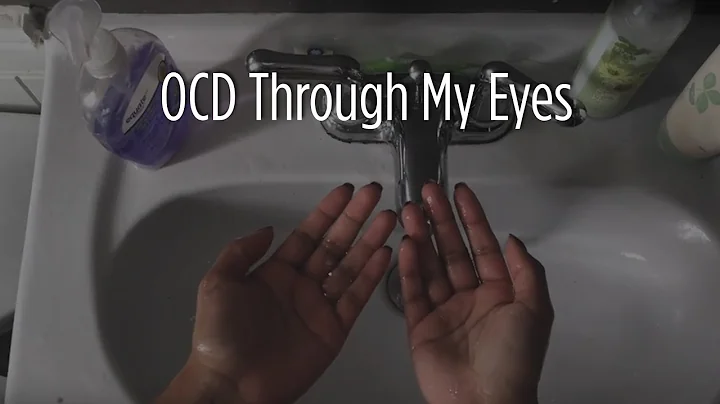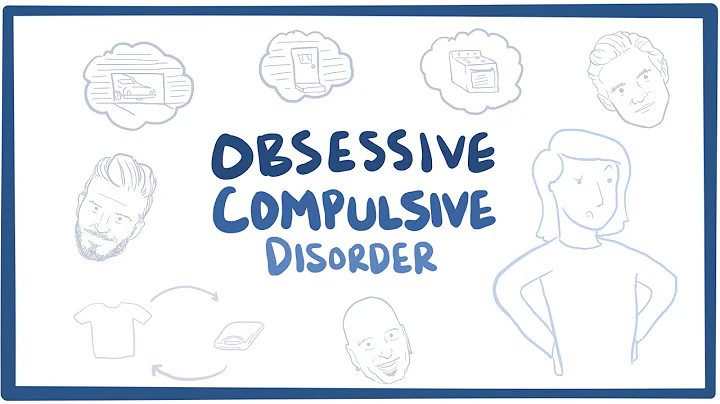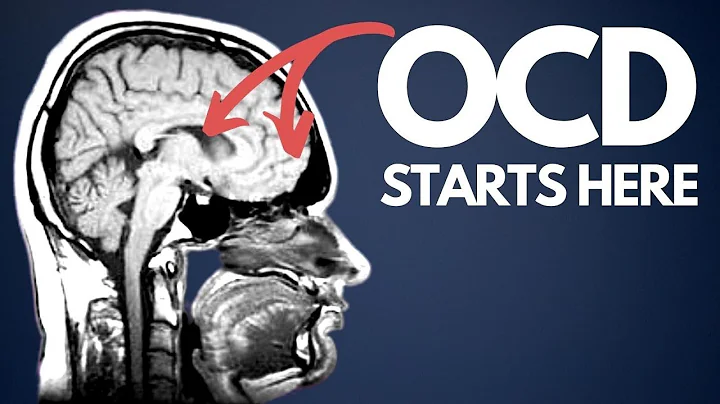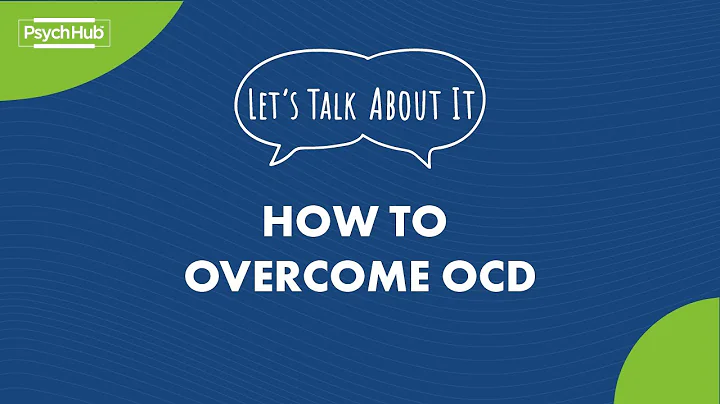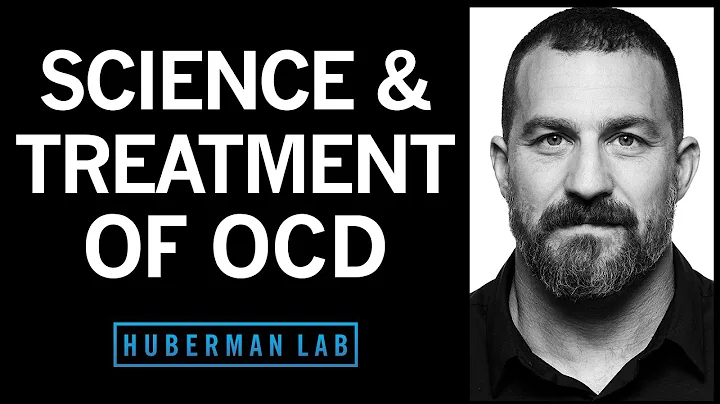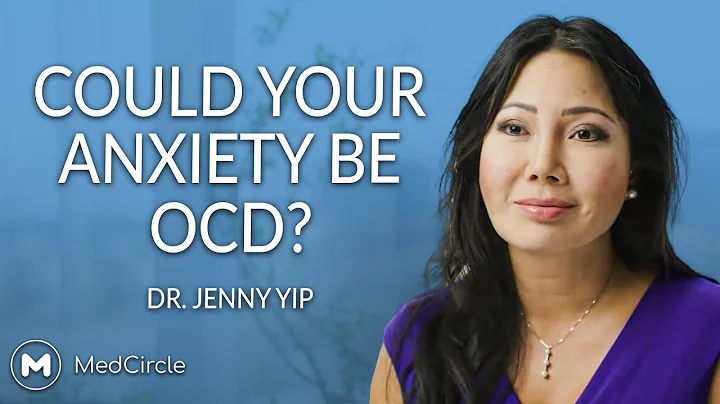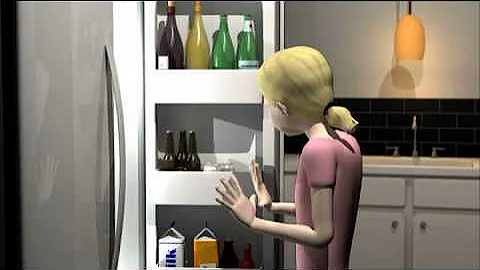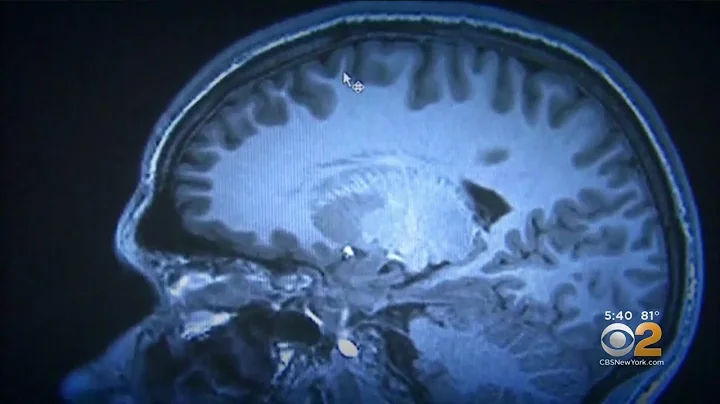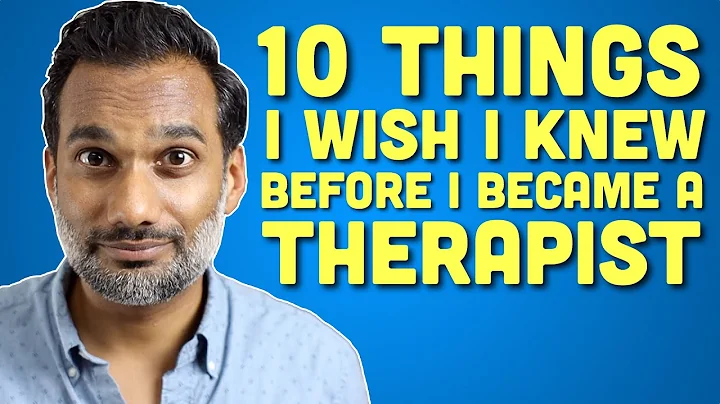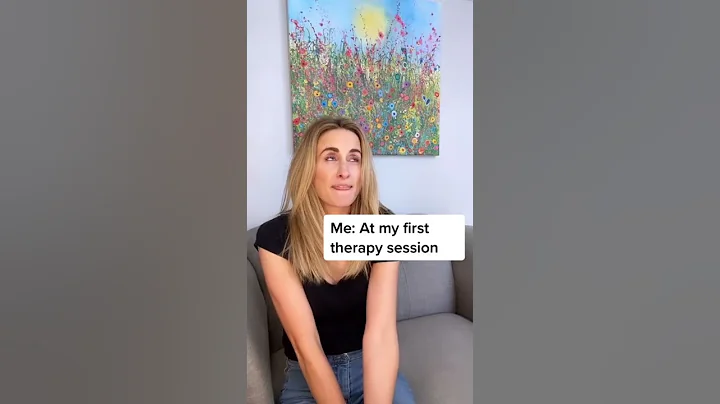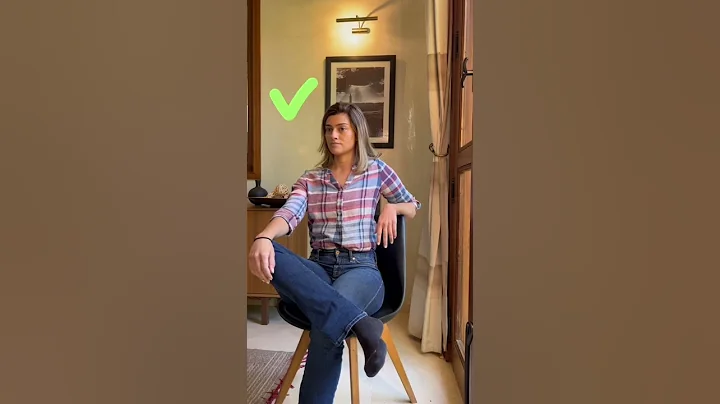 What should I do if my obsessive-compulsive disorder becomes more and more serious?
What should I do if my obsessive-compulsive disorder becomes more and more serious?
Second, accept it: When you have obsessive-compulsive symptoms, don’t waste energy blaming yourself. You know where the symptom is coming from, and you know how to deal with it. Key points for consultation:
(1) Understand the cause and pathogenesis. Obsessive-compulsive disorder is closely related to certain personality characteristics. People with obsessive-compulsive disorder tend to be cautious, rigid, lack of self-confidence, timid, indecisive, conscientious, like to think too much about problems, lack of easy-going, excessive pursuit of perfection, or subjective and impetuous. , strong-willed, weak self-control, often accompanied by insecurity, uncertainty, discomfort, imperfection, etc. The occurrence of obsessive-compulsive disorder is closely related to psychosocial factors. The effect of strong or long-lasting mental factors and the impact of intense emotional experiences are often the direct causes of the disease. 
(2) Rational therapy. Let patients fully realize the irrational concepts in their symptoms, recognize the childishness and irrationality of symptoms, and use a corresponding rational concept to overcome each irrational concept, and enhance rationality through understanding, so as to Reduce symptoms.
(3) Behavior Therapy. Instruct patients to use mental relaxation training, muscle relaxation techniques combined with systematic desensitization, or operant conditioning to reduce anxiety or single symptoms.
(4) The patient’s relatives or friends should show care and love to the patient, without being demanding or appeasing. You cannot give long lectures and lessons, you cannot get to the bottom of things, you cannot force patients to change, and you must treat patients reasonably and appropriately with appropriate attitudes and actions.
What should I do if I have severe obsessive-compulsive disorder?
We must use strong willpower to overcome unnatural behaviors and thoughts. Correcting obsessive-compulsive disorder behavior and thinking should be done step by step and persevere, constantly sum up successful experiences, and at the same time, participate in more group activities and cultural and sports activities, engage in more ideal and interesting work, cultivate hobbies in life, and establish new areas of excitement. Suppress morbid excitement. Adopt a natural attitude. When you have obsessive thoughts, don't fight or use opposite thoughts to "neutralize" them. Do what you should do with "uneasiness". When having compulsive movements, you must understand that this is a form of overreaction that goes against nature, and gradually reduce such movements and reactions until they are the same as normal people. Keep practicing and it will definitely be beneficial. Paying attention to mental health, working hard to learn positive methods and techniques for dealing with various pressures, enhancing self-confidence, not avoiding difficulties, and cultivating the psychological quality of being able to endure hardships and setbacks are the keys to prevention. Drug treatment: Tricyclic antidepressants and monoamine oxidase inhibitors can be used. 


